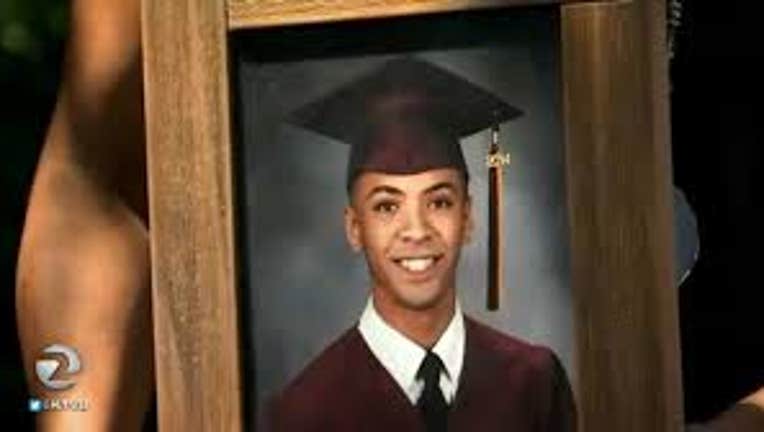Inspired by Walnut Creek tragedy, California could create new hotline for mental health calls

Miles Hall
SACRAMENTO, Calif. - California would take a step toward having counselors rather than police respond to people experiencing mental health crises under a bill backed Monday by gun-violence prevention groups.
Callers who dial or text 9-8-8 would be connected with counselors and could be assisted by mobile crisis support teams staffed with mental health professionals.
Backers say it’s a better option than calling 9-1-1, where police are often the first responders and advocates say the situation too often rapidly turns violent. Those who still call the emergency line but report a mental health crisis would be transferred to 9-8-8 and dispatchers for both lines would be able to decide if police, fire or medical responders are needed.
"This bill can save lives that we are losing to suicide and shootings by police," said Krystal LoPilato, volunteer leader with California Moms Demand Action.
'There are no winners:' Walnut Creek settles to pay family $4M after Miles Hall death
California’s 9-8-8 bill is the state effort to create 988 hotlines by July 2022 under new new rules from the Federal Communications Commission and Congress. It would be funded through a surcharge on phone lines similar to 911. Counties would separately have to provide the crisis services and mobile crisis teams.
The proposal is named after Miles Hall, a 23-year-old Black man who was fatally shot by Walnut Creek police in 2019, Democratic Assemblywoman Rebecca Bauer-Kahan of Orinda told members of the group and affiliated Students Demand Action during their virtual advocacy day.
"He was shot and killed in the middle of a schizophrenic episode when his mother was just trying to get him help," Bauer-Kahan said.
Spokesmen for California police chiefs and sheriffs said their organizations have not taken positions on it.
Other efforts also are trying to create alternatives to police for incidents that don’t require a law enforcement presence.
Assemblywoman Sydney Kamlager is trying again this year to pass what she’s calling the Community Response Initiative to Strengthen Emergency Systems (CRISES) Act, after Gov. Gavin Newsom vetoed it last year.
Her measure would create a pilot program of grants to community organizations that could step in instead of law enforcement for mental health, substance abuse and other nonviolent episodes. Newsom disagreed with how the proposed three-year, $250,000 minimum grant program would have been administered.
Newly released documents in Walnut Creek death of mentally ill man shows officers broke from plan
The gun-violence groups took no position on Kamlager’s bill even as they sought increased funding for other violence intervention and gang prevention programs.
They are also backing legislation that would require every school district to send home information about securely storing firearms.
Newsom took no position on the bills in a one-minute video presentation Monday. He backed their work while briefly criticizing those opposed to the state’s ban on ammunition magazines with more than 10 bullets and requiring background checks for gun-buyers.
Grandma ends up bruised in Santa Rita Jail after calling 911 for help
California State Association of Counties spokeswoman Sara Floor said her organization had not taken a position. The County Behavioral Health Directors Association of California did not immediately comment.
"We’ll have an easy number you can call and the counties will send direct mental health service teams to serve the community that needs it, rather than law enforcement, who aren’t trained or equipped to do that," said Bauer-Kahan.
Taun Hall, Miles’ mother, said in an earlier statement that she draws comfort thinking that the measure "might help save other children and spare other families this anguish."

